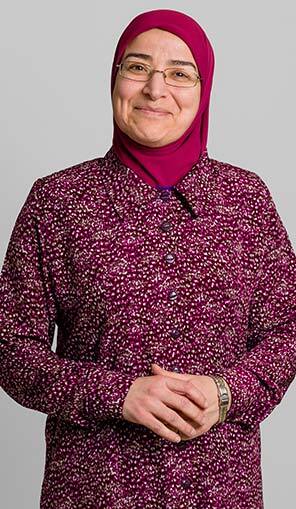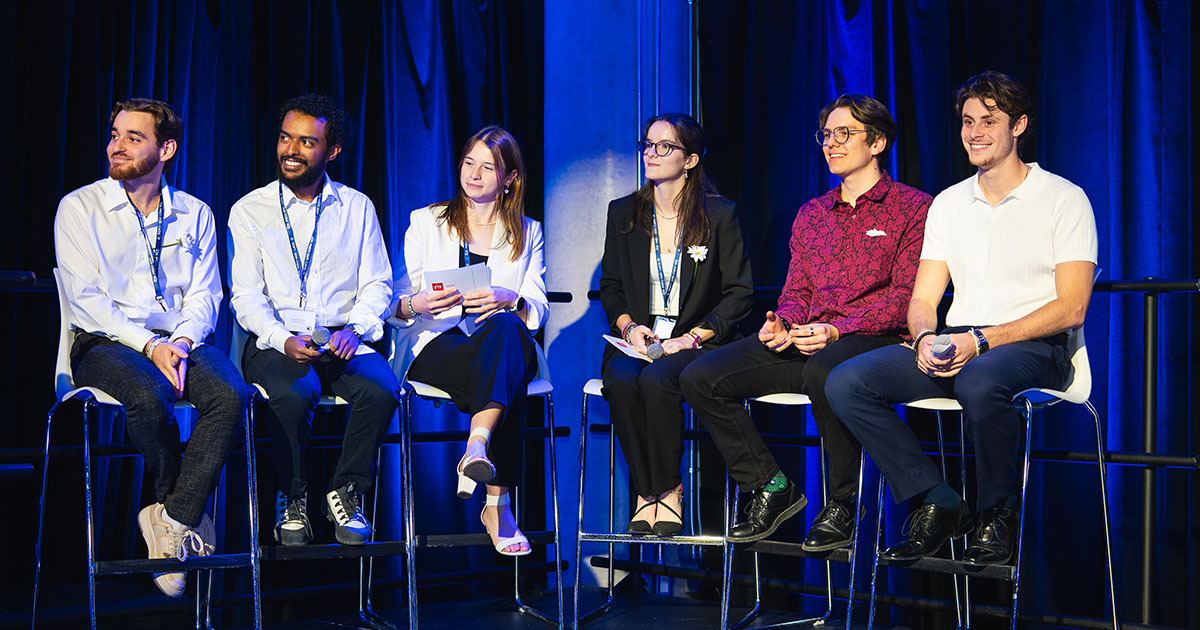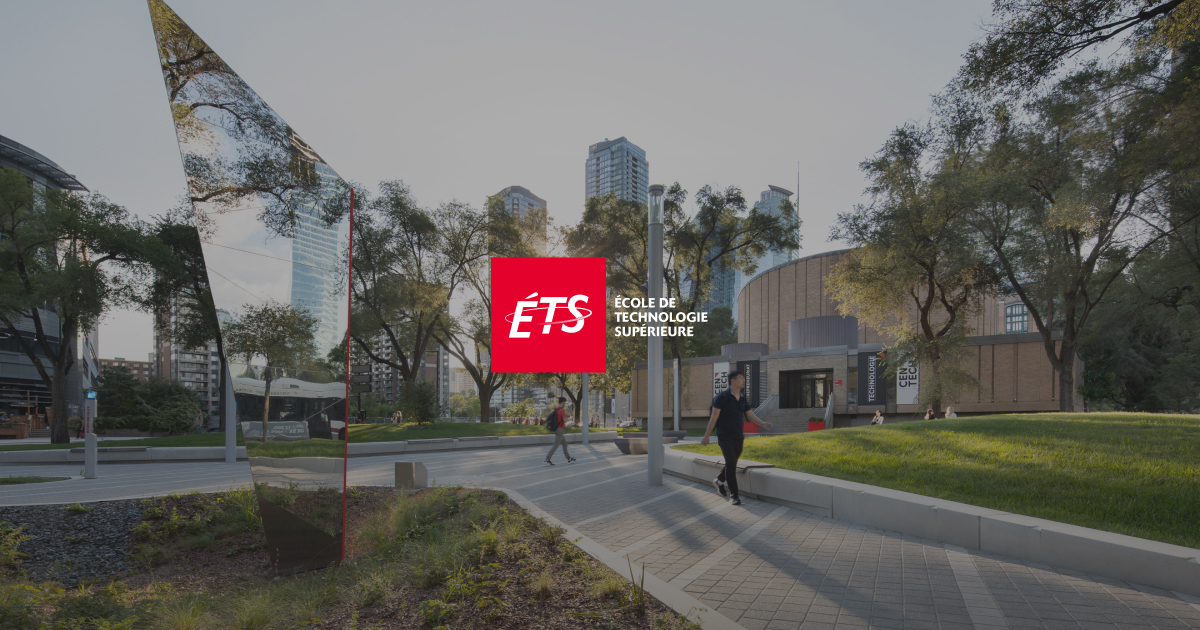Conductor of Ecosystems

Purchased from Istockphoto.com. Copyright.
Information and communication technologies (ICTs) have never been as omnipresent as they have since the start of the COVID-19 pandemic. ICTs have sustained operations in many fields, despite the containment measures imposed to slow and contain the spread of the virus.
Nadjia Kara, academic and researcher in the Software and Information Technology Engineering Department, has long understood that ICTs represent one of the world’s main drivers of economic and social activities, and she has been conducting research on them for close to 25 years. Professor Kara explains that the breathtaking pace of ICT development has forced researchers to continually come to terms with new research and development challenges.
Technological change has required the creation of several ecosystems, including cloud and edge computing. “Such ecosystems are deployed to be able to serve various application domains, and we now need to get them interacting,” says Professor Kara. “Establishing and maintaining these interactions becomes complex, since these ecosystems provide different systems and technologies, and this generates diverse requirements in terms of security, performance, design, and constraints.”
“My research interests are focused on providing information and communication systems that are reliable and scalable and can adapt to the various environments that host them, which are themselves very dynamic,” she explains.
Greener ICT

Nadjia Kara, professor at ÉTS
Professor Kara seeks to design reliable and sustainable systems while minimizing energy consumption and optimizing resources. “We know that ICTs make a major contribution to greenhouse gas emissions,” she continues. “We must be aware of this, and act to reduce their impact over the coming decades. Reliability, durability and adaptability are important criteria that must be taken into account when designing information and communication systems.”
The researcher and her team use various advanced design and optimization techniques related to artificial intelligence. “Our work involves hosting and orchestrating these ecosystems, keeping an eye on everything that is going on in terms of the infrastructure, and ensuring that we anticipate how each of the components that host one or more processes will respond, managing various tasks to be able to react appropriately and make the right decisions,” concludes this passionate researcher.
Before joining ÉTS as an academic/researcher, Professor Kara worked for close to ten years in industry where she conducted research on information and communication systems as an engineer/researcher. This experience in industry has allowed her to direct her work toward applied research, transfer technologies to the industrial partners with whom she collaborates, and participate in the training of highly qualified personnel for this sector.



